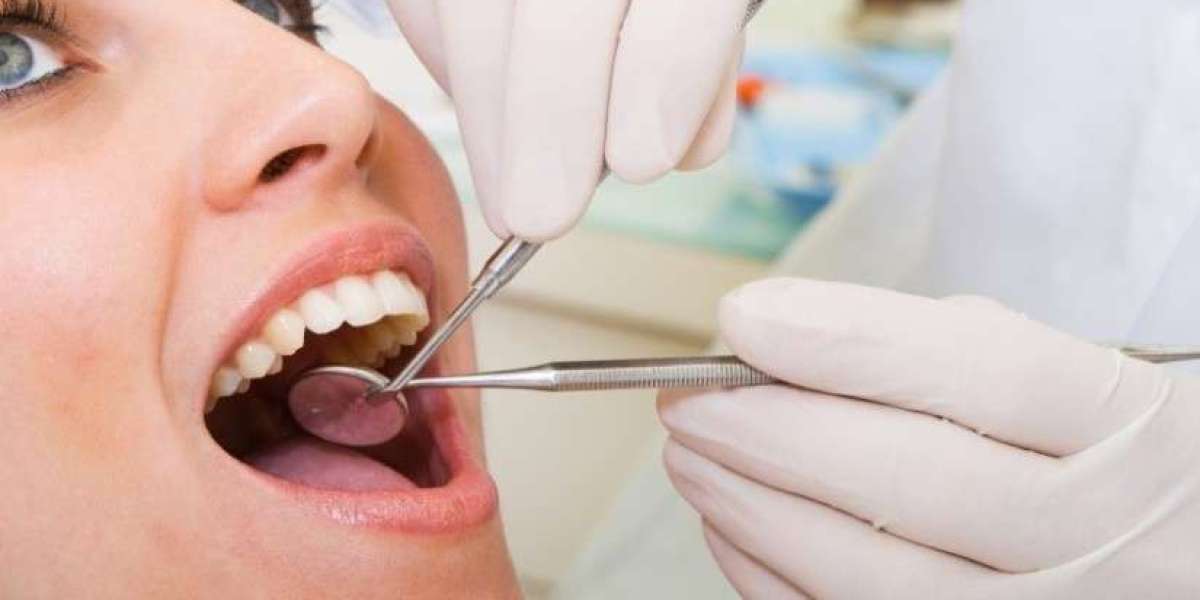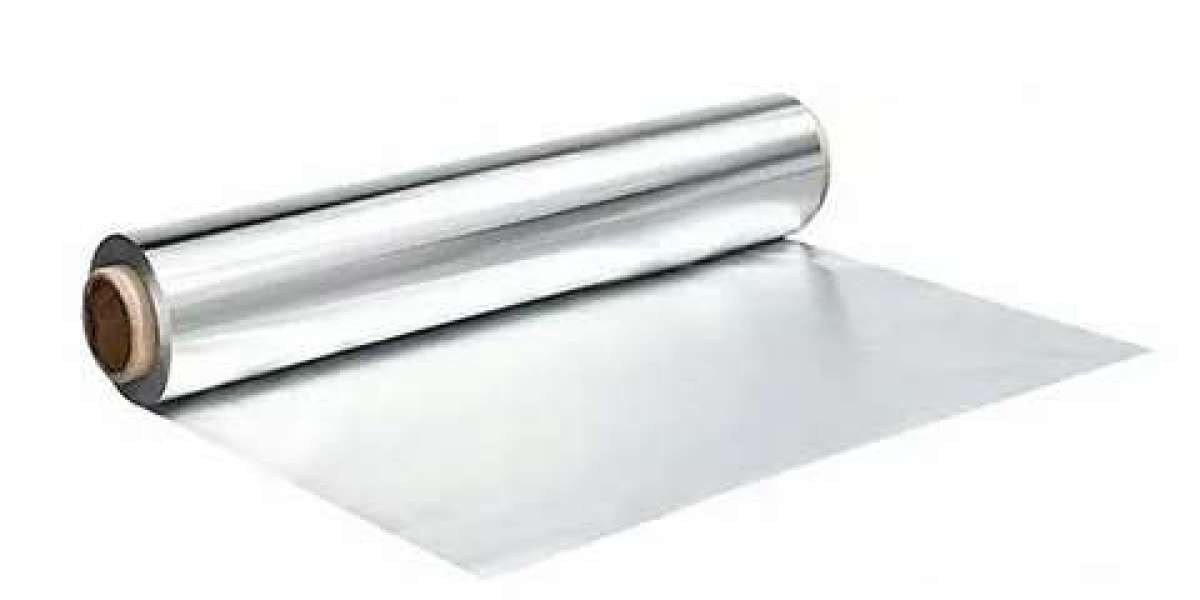A bright, healthy smile isn’t just about aesthetics — it’s a reflection of good oral hygiene and overall wellness. One of the most important habits for maintaining oral health is scheduling regular dental check up. Yet many people delay these essential visits, not realizing the long-term impact.
Understanding the Importance of Dental Check Ups
A dental check up is a preventive care visit where a dental professional examines your mouth, teeth, and gums for signs of disease, decay, or other problems. This visit typically includes a professional cleaning and personalized advice to maintain or improve your oral health.
Key Benefits of Regular Dental Check Ups
Detects dental issues early
Prevents plaque and tartar build-up
Screens for oral cancer and infections
Helps avoid costly dental treatments
Contributes to overall health and well-being
How Often Should You Have a Dental Check Up?
Most dental experts recommend a dental check up every six months. However, the frequency can vary based on:
Age and dental history
Lifestyle habits (smoking, sugar intake, oral hygiene)
Existing dental conditions like gum disease
Presence of orthodontic appliances
Some people might need visits every 3–4 months, while others with excellent oral health may only need annual check ups.
What Happens During a Dental Check Up?
Medical History Review
The dental team begins by reviewing your medical records, asking about:
Recent health changes
New medications
Allergies or dental anxiety
Comprehensive Oral Health Exam
The oral exam involves a close inspection of:
Teeth for cavities, decay, and damage
Gums for inflammation, bleeding, or gum recession
Tongue, throat, and jaw for signs of infection, ulcers, or cancer
This is crucial for catching dental and health issues early.
Professional Teeth Cleaning
Even if you maintain good daily oral care, plaque and tartar can accumulate in hard-to-reach areas.
What the Cleaning Involves
Scaling to remove plaque and tartar
Polishing to remove stains and smooth tooth surfaces
Professional flossing to eliminate trapped debris
Dental X-Rays (If Required)
Dentists may recommend X-rays during a dental check up to identify:
Hidden cavities between teeth
Bone loss around teeth
Abscesses, cysts, or tumors
Jaw alignment issues
Common Dental Issues Identified During Check Ups
Tooth Decay and Cavities
Decay happens when bacteria produce acids that damage tooth enamel. Regular dental check ups detect cavities early, preventing more serious problems.
Gum Disease
An inflammatory condition affecting gums and bones supporting teeth. Early-stage gum disease (gingivitis) is reversible if caught during routine check ups.
Oral Cancer
Routine screenings during a dental check up can spot suspicious sores, growths, or color changes in the mouth.
Dental Erosion
Loss of enamel from acidic foods and drinks. Dentists can suggest treatments and dietary adjustments to prevent further damage.
Why Dental Check Ups Are Vital for Children
Children should have their first dental check up by their first birthday. Early visits help:
Track oral development
Spot early cavities
Offer fluoride treatments
Correct harmful habits like thumb-sucking
Teach good oral hygiene habits
Frequent dental check ups during childhood build a foundation for lifelong oral health.
How Dental Check Ups Protect Overall Health
Oral health often reflects general well-being. Dental professionals can identify signs of health issues such as:
Diabetes (gum problems, dry mouth)
Heart disease (gum inflammation)
Nutritional deficiencies (mouth ulcers, cracked lips)
Stress (teeth grinding, jaw pain)
Addressing dental problems early contributes to preventing complications linked to systemic conditions.
How to Prepare for a Dental Check Up
Brush and floss before your appointment
Make a note of symptoms like tooth sensitivity or bleeding gums
Bring an updated list of medications and health conditions
Discuss dental anxiety if present
Common Concerns About Dental Check Ups
Will It Hurt?
Modern dental check ups are generally painless. Professional cleanings might cause mild discomfort if you have sensitive gums or significant tartar build-up.
How Long Does It Take?
A routine dental check up lasts about 30 to 60 minutes. It may take longer if X-rays or additional treatments are necessary.
Are Dental X-Rays Safe?
Yes. Modern digital X-rays use minimal radiation and are performed only when needed.
Tips for Maintaining Oral Health Between Check Ups
Brush twice daily using fluoride toothpaste
Floss at least once a day
Use mouthwash to reduce bacteria
Limit sugary snacks and drinks
Avoid tobacco products
Stay hydrated to prevent dry mouth
Regular dental check ups combined with good home care lead to excellent long-term dental health.
The Cost-Effectiveness of Preventive Dental Check Ups
Many people skip check ups to avoid dental costs, but prevention is far more affordable than treatments for advanced dental issues like root canals, extractions, or implants.
Preventive vs. Reactive Care
Early fillings are cheaper than crowns or root canals
Regular cleanings avoid costly gum surgeries
Spotting problems early reduces overall dental expenses
How Dental Check Ups Contribute to a Brighter Smile
Routine dental check ups remove stains, plaque, and tartar, leaving your teeth cleaner, whiter, and healthier. Regular professional care also helps prevent discoloration and bad breath.
FAQs
How early should my child have their first dental check up?
Children should visit a dentist by their first birthday or when their first tooth appears.
How often do adults need a dental check up?
Most adults should get a dental check up every six months, but those with ongoing dental issues may need more frequent visits.
Do dental check ups prevent bad breath?
Yes. Professional cleanings remove bacteria and plaque that cause bad breath.
Is a dental check up necessary if my teeth feel fine?
Absolutely. Many dental problems, including early gum disease and cavities, don’t cause noticeable symptoms initially.
Can pregnant women have dental check ups?
Yes. It’s both safe and recommended to maintain oral health during pregnancy.
Conclusion
A dental check up is about much more than polished teeth — it’s a comprehensive preventive measure that safeguards your oral and general health. From detecting early signs of disease to enhancing your smile and improving breath, the benefits are undeniable.
Don’t wait for a toothache or visible issue to appear. Prioritize your dental check up today and invest in a healthier, brighter future for yourself and your family.








